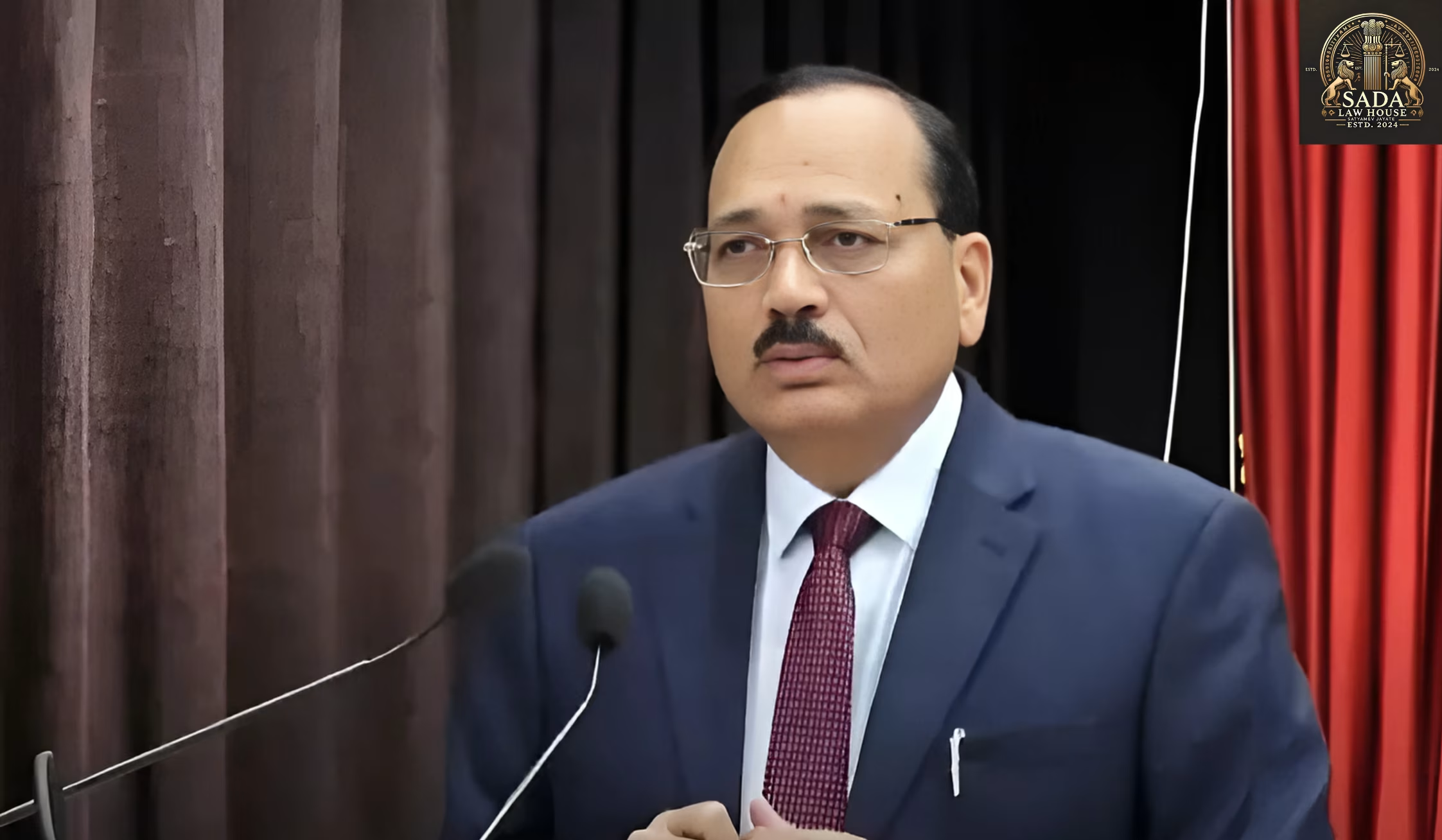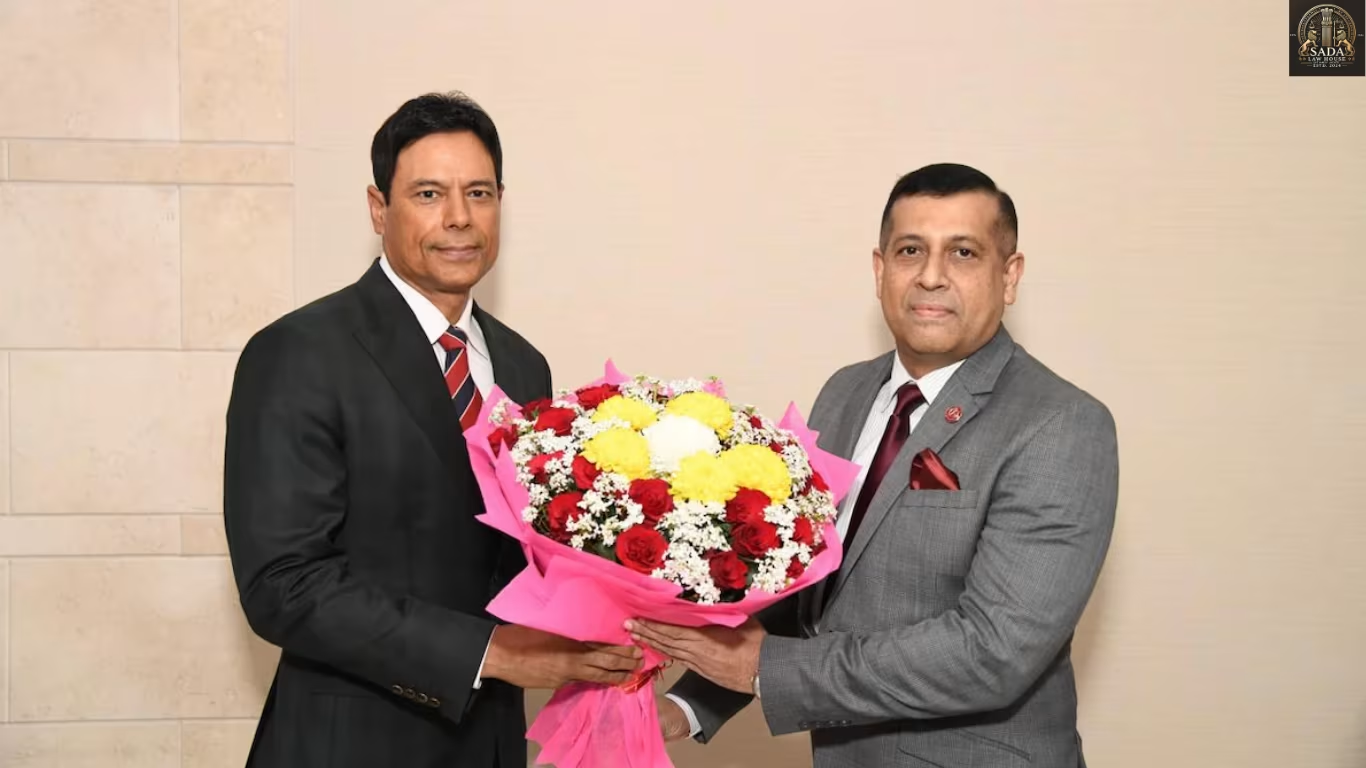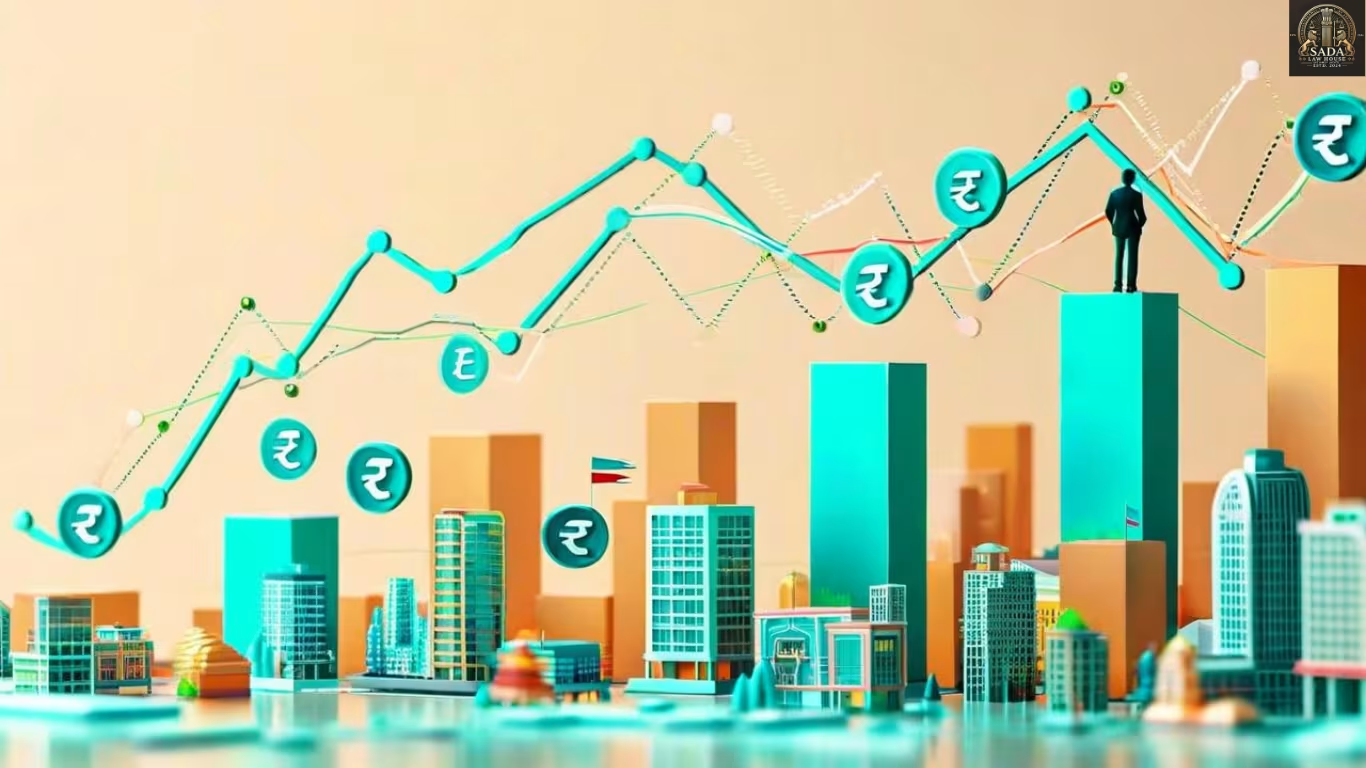Supreme Court Legal Aid Campaign Empowers 3,800 Inmates in Landmark Justice Initiative
- MAHI SINHA
- 16 May 2025

Discover how the Supreme Court Legal Services Committee, under the leadership of Justice Surya Kant, is transforming access to justice through a nationwide legal aid campaign that has already empowered over 3,800 underrepresented prisoners across India.
Historic Legal Aid Campaign Empowers Inmates Across India
In a groundbreaking initiative, the Supreme Court Legal Services Committee (SCLSC), under the visionary leadership of Justice Surya Kant, has launched a nationwide campaign aimed at providing free legal aid to prisoners who have been denied justice due to lack of representation.
This first-of-its-kind campaign began on January 10, 2025, in collaboration with all State Legal Services Authorities (SLSAs) and prison departments. The goal is to ensure access to justice for underrepresented prisoners eligible to appeal before the Supreme Court of India.
Targeted Legal Support for Vulnerable Prisoners
The campaign identifies and supports three key categories of inmates:
Convicts whose appeals were not filed after their conviction was upheld.
Prisoners who were denied bail despite completing at least half of their sentence.
Individuals whose remission or early release was rejected and not appealed.
These groups were prioritized by the SCLSC due to their legal vulnerability, making them most in need of judicial assistance.
Massive Outreach and Positive Response
In early assessments, SCLSC, in collaboration with SLSAs, High Court Legal Services Committees (HCLSCs), and prison authorities, identified 4,216 such inmates.
During a virtual meeting held on April 1, 2025, Justice Surya Kant directed officials to create special committees to conduct prison visits, encouraging inmates to apply for legal aid. By May 5, 2025, nearly 3,800 prisoners had already sought assistance under this initiative—a powerful testament to its impact.
Accelerating Legal Processes for Swift Justice
In a follow-up review on May 5, 2025, Justice Surya Kant emphasized the need to expedite pending case submissions. He instructed that all paper books be delivered via Special Messengers—even during holidays—to avoid delays.
To enhance coordination, district-level Nodal Officers were appointed by HCLSCs to address case defects, handle clarification requests, and ensure timely follow-ups with SCLSC.
Judiciary’s Commitment to Equitable Legal Access
Despite some prisoners opting out—due to reasons like imminent release, private counsel engagement, or expected remission on Independence Day or Republic Day—the overwhelming participation highlights the judiciary’s dedication to accessible justice.
Under Justice Surya Kant’s leadership, this campaign has significantly transformed the legal aid landscape for incarcerated individuals in India.
Progress Report: Legal Aid Implementation
As of May 13, 2025, the SCLSC has received:
1,000 paper books from various States and Union Territories.
Panel advocates appointed in nearly 600 cases.
285 cases formally submitted for consideration by 12 PM.
This initiative reflects a major stride in the Indian legal system’s effort to uphold justice behind bars and ensure fair legal representation for all.
Conclusion: A Landmark Step Toward Justice for All
The Supreme Court Legal Services Committee’s bold and inclusive campaign stands as a milestone in India’s legal reform efforts. By focusing on the most neglected segments of the prison population, it demonstrates a proactive approach to legal equity and reinforces the constitutional right to legal aid.
Under the exemplary guidance of Justice Surya Kant, this initiative has not only brought renewed hope to thousands of inmates but also strengthened public trust in the Indian judiciary. With ongoing support from SCLSC, SLSAs, and HCLSCs, the campaign is paving the way for a more just, inclusive, and responsive legal system—one where no one is denied justice due to lack of representation.
This initiative is more than a campaign—it is a movement for systemic change in how legal aid is perceived, accessed, and delivered across the nation.






